South Indian Beverages: Basic Overview
Common Ingredients
Common Preparing Methods
Drinking Etiquette
Influence and Fusion
South Indian Beverages: Origin and Region
Cuisine
Culinary Region
Country’s Region
Classifications of South Indian Beverages
-
Non-alcoholic Beverages
Are important drinks in locals’ daily life and social gatherings.
Reflect cultural heritage and natural ingredients available in South India.
South Indian beverages are an essential aspect of the region’s cuisine, offering various refreshing, flavorful, and health-oriented drinks.
Drink culture in South India is deeply rooted in tradition and emphasizes natural ingredients and unique preparations. As the general drink choices in India and unlike some other areas of the world, alcoholic drinks are less common here due to cultural and religious restrictions.
Therefore, I’ll focus instead on diverse non-alcoholic options. From aromatic filter coffee, South Indian beverages are important in daily life and festive celebrations.
13 Most Common South Indian Beverages
Here are 13 of the best South Indian beverages, all non-alcoholic options. Feel free to use the filter function to make your reading easier.
Indian Filter Coffee
- Non-Alcoholic
- Traditional
Indian filter coffee, a staple drink in South India, is made from a blend of freshly ground coffee beans and chicory. It’s brewed in a traditional metal filter consisting of 2 cylindrical compartments.
The upper compartment has small perforations at the bottom, where the coffee grounds are placed, and the lower compartment collects the brewed coffee decoction. The strong coffee decoction is mixed with hot, frothy milk and sweetened to taste.
Filter coffee often comes in a stainless steel tumbler cup and davara, a small, wide metal saucer/bowl. The coffee is traditionally served by pouring it back and forth between the tumbler and davara, which helps mix and cool the coffee, creating a frothy layer on top.
Sambaram
- Non-Alcoholic
- Traditional
Sambaram, also known as neer mor, is a popular South Indian beverage made from spiced buttermilk. It’s prepared by diluting yogurt with water and adding spices such as green chilies, ginger, curry leaves, and coriander.
Sometimes, locals add a pinch of salt and a squeeze of lime to enhance the flavor. The result is a cooling, savory drink that is particularly popular during the hot summer.
Sambaram is also valued for its digestive benefits and ability to cool the body.
Elaneer
- Non-Alcoholic
- Traditional
Elaneer, meaning “young coconut” in Tamil, is the refreshing coconut water enjoyed throughout South India. Harvested from green, immature coconuts, elaneer is a natural source of electrolytes and minerals.
Its sweet, slightly nutty flavor makes it a popular choice to quench thirst on hot days. Vendors selling elaneer are a common sight on roadsides, so you can easily buy them on the street at a very affordable price.
Thari Kanji
- Non-Alcoholic
- Traditional
In the heart of South India, particularly Kerala, thari kanji is a creamy beverage made with semolina, a type of wheat flour, simmered in milk or water. It’s typically sweetened with jaggery or sugar and flavored with cardamom.
Thari kanji’s texture falls between a porridge and a thin pudding, perfect for a light breakfast or a soothing nightcap. It’s also a staple during Ramadan’s Iftar meals, the evening meal to break the day’s fast.
Moreover, thari kanji is a traditional part of Ayurvedic practices, a holistic healing system from India. During the monsoon season, people often consume this comforting drink to balance their bodies and reduce illnesses.
Panakam
- Non-Alcoholic
- Traditional
Panakam, translates to “sweet drink” in Sanskrit, is a delightful beverage traditionally made with jaggery. So, it’s a flavorful alternative to sugary drinks.
The tang of lemon juice and spices like cardamom, ginger, and sometimes black pepper, bring a touch of warmth and depth.
This refreshing drink is particularly popular during the hot summer months and Hindu festivals.
Panakam is especially associated with the Rama Navami festival, which celebrates Lord Rama’s birth. It’s a common sight offered in temples and enjoyed by devotees.
Jigarthanda
- Non-Alcoholic
- Street Beverages
- Traditional
Jigarthanda is a beloved cold beverage originating from Madurai in South India. This refreshing drink cools you down from the inside out, perfect for the scorching hot summers in this country.
The base of jigarthanda is a blend of chilled milk and almond gum, which gives it a smooth, jelly-like texture. It also includes nannari syrup, made from sarsaparilla root, offering a sweet and earthy flavor.
Jigarthanda is a street food staple, with vendors whipping it up in roadside stalls. The vibrant pink color and attractive aroma are a sure sign of summer in Madurai.
Nimbu Pani
- Non-Alcoholic
- Street Beverages
- Traditional
Nimbu pani, literally translating to “lemon water” in Hindi, is a refreshingly simple drink perfect for hot days. Made with fresh lime juice, black salt, sugar, ginger, and water, it offers a tangy and sweet taste that cools you down instantly.
Nimbu pani is sold by street vendors or made at home. Some variations might include mint leaves or cumin powder, which are known as shikanji.
Nannari Sherbet
- Non-Alcoholic
- Traditional
Nannari sherbet is a refreshing drink made from the roots of the Indian Sarsaparilla plant (Hemidesmus indicus). Thanks to its cooling properties, it’s especially popular in South India during the summer.
To prepare nannari sherbet, locals boil the roots to extract their essence, which is then mixed with water, sugar, and a splash of lemon juice to create the sherbet. The result is a sweet and slightly tangy herbal drink.
Also, nannari roots are believed to have medicinal properties, including detoxifying the blood, aiding digestion, and providing relief from dehydration.
Nungu Juice
- Non-Alcoholic
- Traditional
Nungu juice, aka ice apple juice, is a favorite beverage in South India, particularly in Tamil Nadu. Made from the fruit of the palmyra palm, Indians peel and extract the soft, juicy flesh, then blend it with a little water to prepare the juice.
Plus, ice apple fruit is known for its translucent, jelly-like texture and mildly sweet flavor. The fruit is normally harvested during the hot months, making it a popular treat to combat the intense heat in this country.
Rose Milk
- Non-Alcoholic
- Street Beverages
- Traditional
Rose Milk is a beloved traditional drink in South India, known for its delightful combination of rose syrup and chilled milk.
The rose syrup, made from rose petals or essence, gives the drink a distinct floral aroma and a pleasing pink hue. Mixed with cold milk and often a bit of sugar, rose milk has a sweet flavor and soothing texture that everyone will love.
Widely available in homes, street stalls, and cafes across South India, rose milk remains a favorite for its easy preparation, appealing flavor, and ability to beat the heat effectively.
Tamarind Juice
- Non-Alcoholic
- Traditional
South India embraces the tanginess of tamarind juice, a beverage made from the pulp of the tamarind fruit. This tart and refreshing drink is a popular choice to beat the heat.
Tamarind juice can be enjoyed on its own for a burst of sour flavor, or sweetened with palm sugar or jaggery for a more balanced taste.
The juice is often served chilled over ice for a truly thirst-quenching drink.
Masala Chai
- Non-Alcoholic
- National
- Traditional
Masala chai, or simply a spiced tea, is a well-loved South Indian and North Indian drink, making it a national drink.
Made by brewing black tea with spices like cardamom, cinnamon, cloves, ginger, and black pepper, it is simmered with water and milk and then sweetened to taste.
This spiced blend creates a warm drink with a rich and aromatic flavor. In South India, masala chai is a daily ritual enjoyed in the morning and afternoon, often with light snacks. Street vendors and households take pride in their special blends and brewing methods.
Badam Paal
- Non-Alcoholic
- Traditional
Badam paal, literally meaning “almond milk” in Tamil, is a creamy and flavorful drink enjoyed throughout South India.
Crafted by soaking and grinding almonds with milk, sugar, and often cardamom, badam paal offers a delicious and healthy alternative to regular milk.
This protein-rich beverage is enjoyed hot or cold, making it a comforting drink in winter and a refreshing treat in summer. Some variations might include saffron.
Can South Indians Drink Alcohol?
Yes, South Indians can drink alcohol, but rules differ by region. In South India, states have unique regulations for selling, consuming, and distributing alcohol.
Despite these regulations, alcohol consumption in South India is rising, driven by higher incomes and urbanization, especially among young people in cities.
What Are Common Alcohols In South India?
Common alcohols in South India are spirits and locally brewed beverages. Here are 4 most popular ones:
Toddy
A traditional South Indian palm wine made from the sap of coconut or palm trees. It is a popular beverage in Kerala, Tamil Nadu, and parts of Andhra Pradesh, and it is even a traditional drink in Sri Lanka.
Arrack
A distilled alcoholic drink made from the fermented sap of coconut flowers, sugarcane, or grains. It is widely consumed in Kerala and Karnataka.
Beer
Various local and international beer brands are popular in South India, with Kingfisher being one of the most widely consumed.
Indian-Made Foreign Liquor (IMFL)
This category includes widely consumed spirits like whisky, rum, brandy, gin, and vodka manufactured in India. Popular brands include Old Monk Rum, Royal Stag Whisky, and McDowell’s No.1.
How To Pair Beverages with Dishes in South Indian Meals?
Here are some tips and examples on how to pair beverages with typical South Indian dishes.
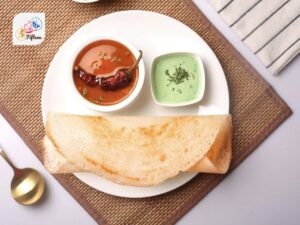
Idli and Dosa
These fermented crepe-like dishes go well with drinks with bright acidities like sambaram.
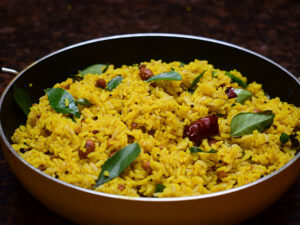
Rice Dishes
Masala chai with robust flavors complements these dishes without overpowering.
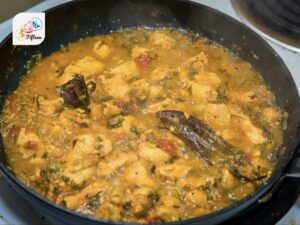
Curries
Fruit juice is an ideal choice to cool down spice and balance heat.
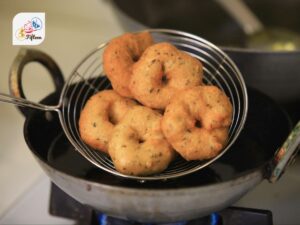
Snacks
Filter coffee with a strong and rich taste can pair well with savory snacks.
Ultimately, the best pairing is the one you enjoy the most to ensure your overall meal’s quality.
Generally, South Indian beverages offer various layers of flavors and health benefits. They are also affected by the region’s cultural and culinary traditions.
If you enjoyed learning about these beverages, please like and share this article with your friends and family to spread the flavors and traditions of South India!
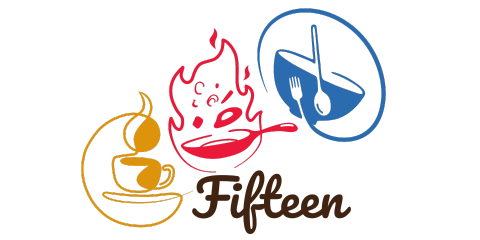


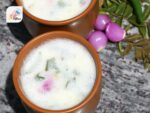
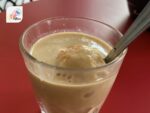
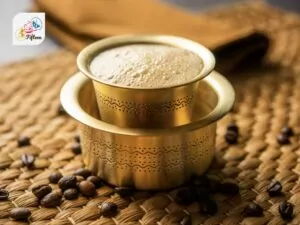
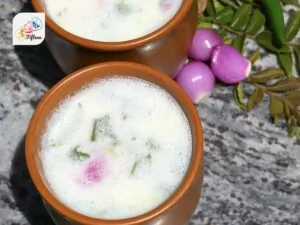
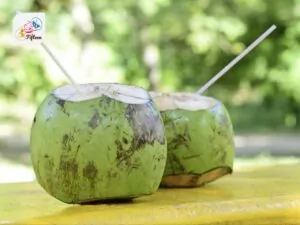
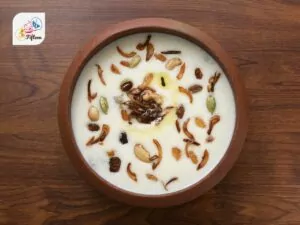
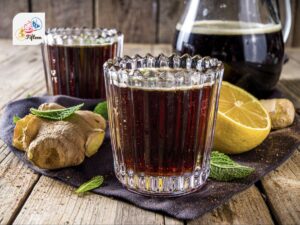
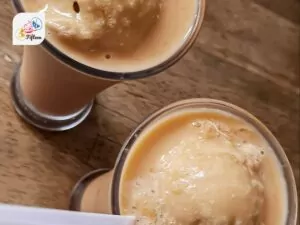
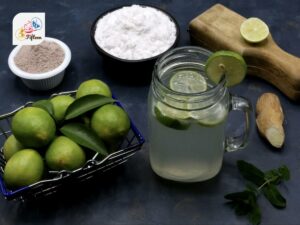
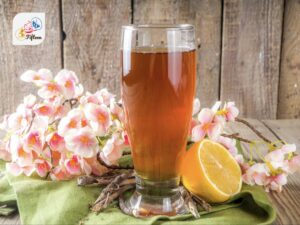
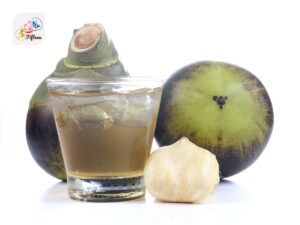
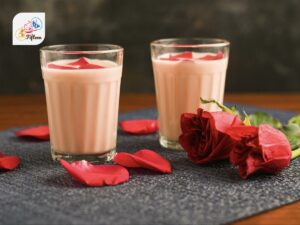
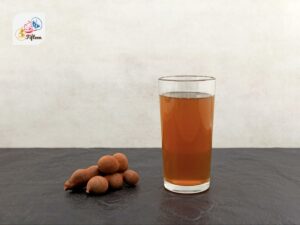
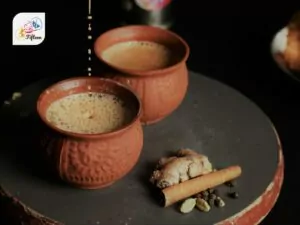
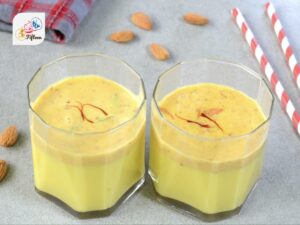
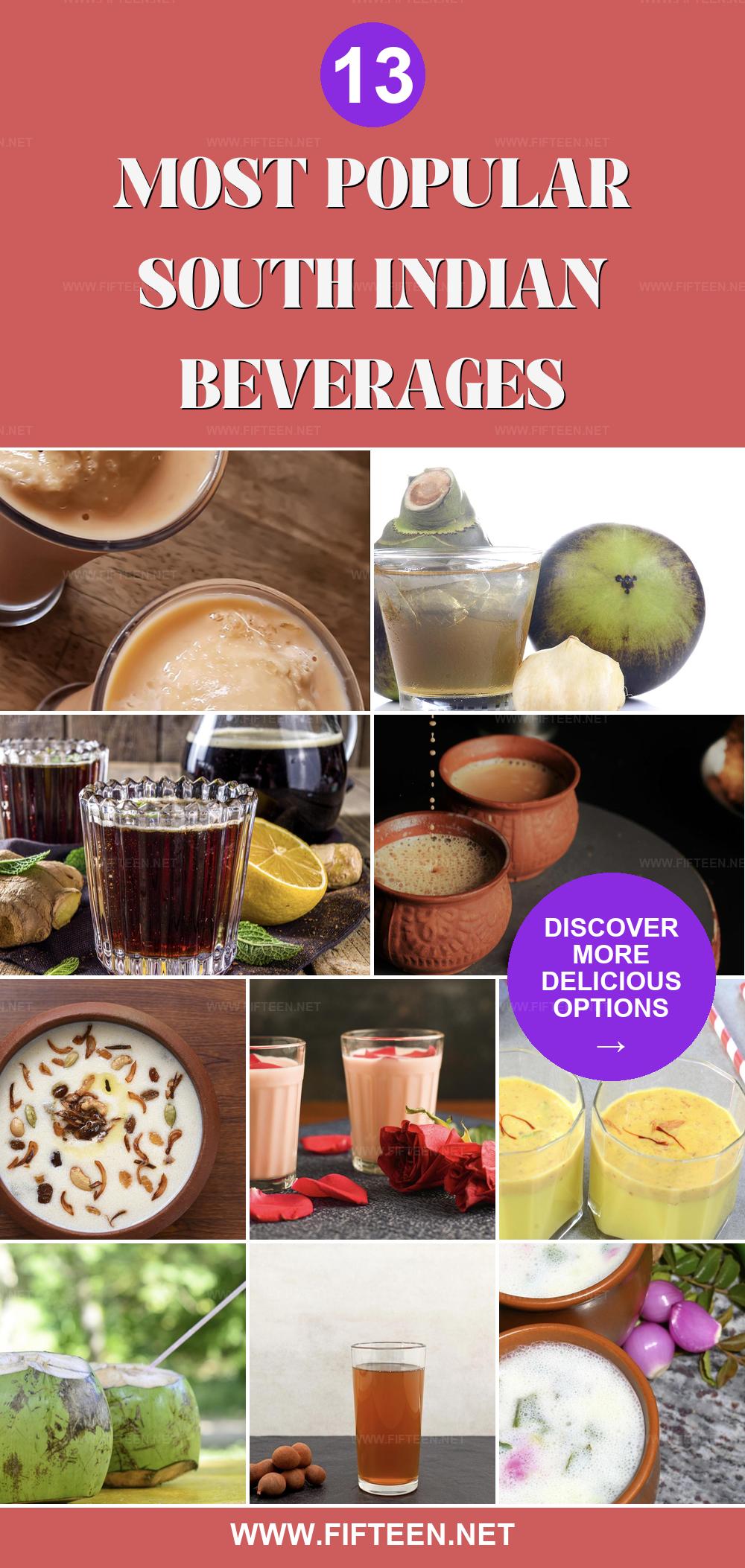
Jamie Scott
Editor in Chief, Senior Content Writer
Expertise
Home Cooking, Meal Planning, Recipe Development, Baking and Pastry, Food Editor, Cooking-video Maker, Western Food Evaluation Expert
Education
Le Cordon Bleu College of Culinary Arts
Local Community College, New York, NY
Jamie Scott is a skilled culinary expert and content creator specializing in Western cuisine. With over 15 years in the culinary field and formal training from Le Cordon Bleu, Paris, Jamie deeply understands how to blend nutrition with delicious flavors. His passion for cooking matches his commitment to making healthy eating accessible and enjoyable.
On Fifteen.net, Jamie brings a fresh perspective to classic dishes and beverages, offering readers insightful recipes, cooking tips, and a fresh view on meal planning that emphasizes taste, health, and simplicity.